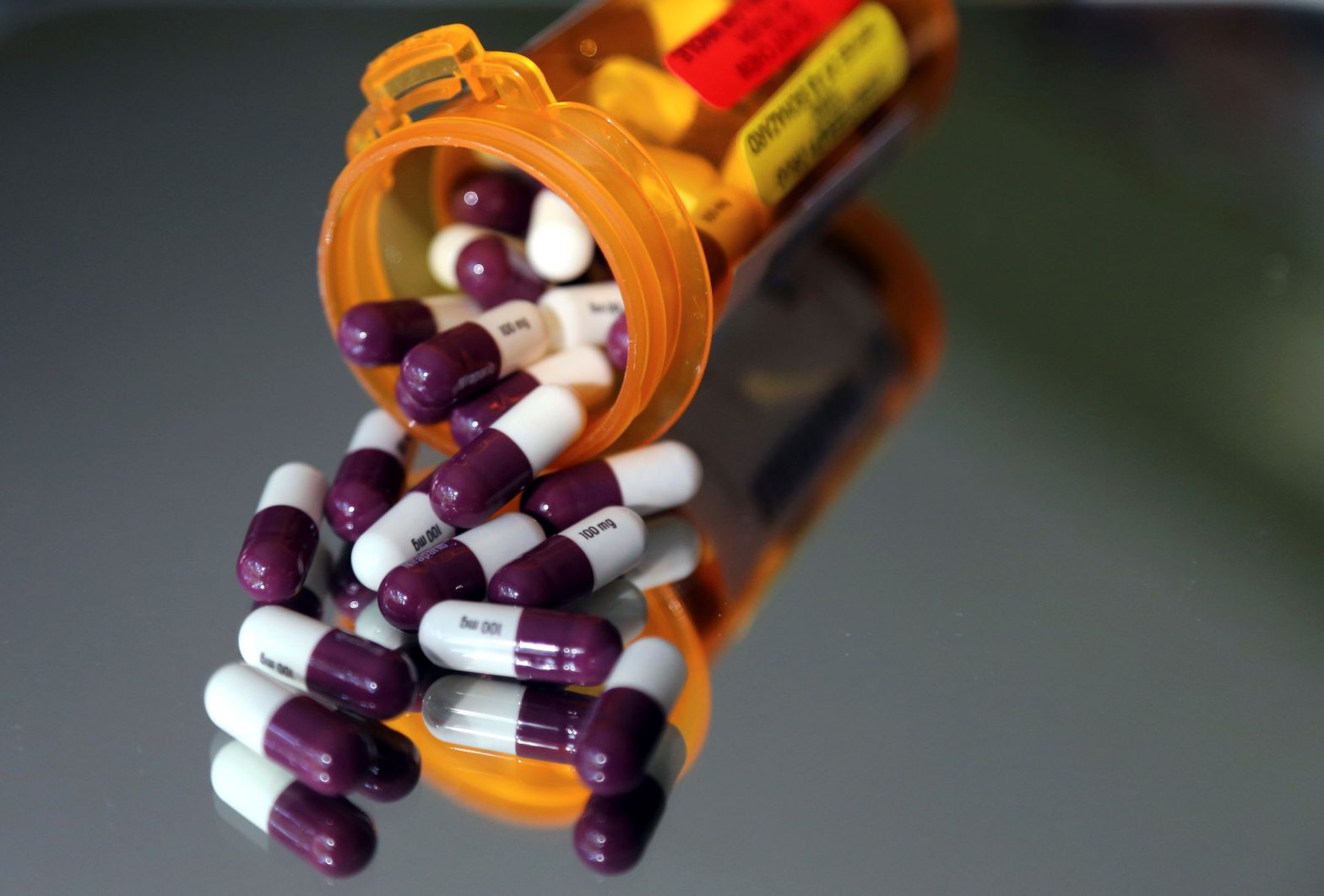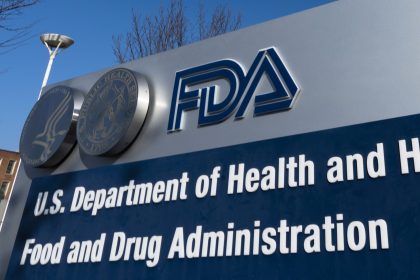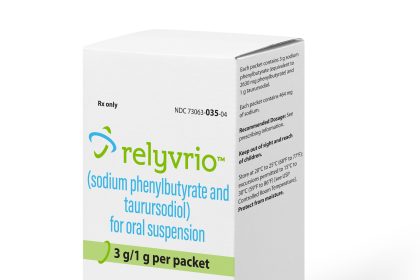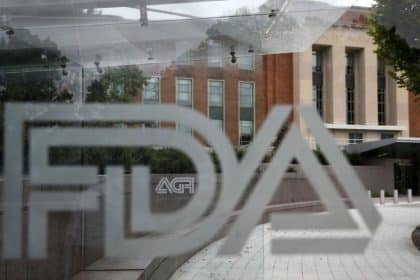Democrats Seek Narrow Path to Rein in Cost of Medicines

WASHINGTON (AP) — President Joe Biden’s call for authorizing Medicare to negotiate lower prescription drug prices has energized Democrats on a politically popular idea they’ve been pushing for nearly 20 years only to encounter frustration.
But they still lack a clear path to enact legislation. That’s because a small number of Democrats remain uneasy over government price curbs on pharmaceutical companies.
House Speaker Nancy Pelosi and Senate Majority Leader Chuck Schumer will need every Democratic vote in a narrowly divided Congress. Otherwise Democrats may have to settle for a compromise that stops short of their goal. Or they could take the issue into the 2022 midterm elections.
“There is a path,” said Rep. Peter Welch, D-Vt., one of Pelosi’s lieutenants. “But there’s also a challenge, and the challenge is we’ve got razor-thin margins.”
“This is not a done deal,” continued Welch. “We’ve got a president and a speaker, but ‘pharma’ is very powerful.” Pharma is a nickname for the industry and for its main lobbying group, the Pharmaceutical Research and Manufacturers of America, or PhRMA.
The industry thwarted President Donald Trump’s multi-pronged efforts to constrain its pricing power. Even though Trump came into office accusing drugmakers of “getting away with murder” and vowing he’d put a stop to it, the companies emerged from his term with just a few nicks and cuts.
The industry lobbying group PhRMA is considered one of the most skilled operators in Washington. Its mission: to preserve a clause in the 2003 law that created Medicare’s pharmacy benefit barring the government from interfering in price negotiations among drugmakers and insurers. That was enacted before $1,000 pills became old hat.
PhRMA CEO Stephen Ubl served notice after Biden’s speech to Congress last week that the industry stands ready to defend its prerogative. “Giving the government the power to arbitrarily determine the price of medicines is not the right approach,” he said in a statement arguing that it would stifle innovation. Such measured language belies the group’s clout. It’s usually among the top five spenders on Washington lobbying and networks with allied groups in the states.
“I don’t think anybody is fully prepared for the onslaught we expect from PhRMA,” said Margarida Jorge, campaign director for Lower Drug Prices Now, a coalition backing Medicare negotiations. “We are going to see a much bigger stepped-up game.”
Pelosi put Medicare negotiations back in play with the reintroduction of an ambitious bill she powered through the House in 2019. Medicare would use an average of lower prices in other economically advanced countries to negotiate on top drugs. Companies that refused to deal would be hit with a steep tax. Drugmakers who hike prices above the rate of inflation would owe rebates to Medicare. Hundreds of billions of dollars potentially saved through the legislation would be plowed back into other health care programs. Private insurers covering working-age people would be able to secure Medicare’s lower prices.
In his speech to a joint session of Congress, Biden invited lawmakers to imagine the possibilities. “The money we save, which is billions of dollars, can go to strengthening the Affordable Care Act and expand Medicare benefits without costing taxpayers an additional penny,” the president said. “It is within our power to do it. Let’s do it now. We’ve talked about it long enough.”
But Republican Sen. Chuck Grassley of Iowa is urging Biden to lower his sights a bit. Grassley opposes negotiating authority for Medicare but supports requiring drugmakers to pay rebates for price hikes above the inflation rate — a potential compromise. “I hope the president reconsiders the liberal pipe dream in favor of the big bipartisan win,” said Grassley.
Polls have consistently shown strong public support for authorizing Medicare to negotiate. “This is very high among the concerns of voters, and also heavily promised by Biden in the campaign,” said policy expert John Rother, a longtime advocate of drug price curbs. The House Energy and Commerce Committee will hold a hearing Tuesday on the issue.
One option for Pelosi and Schumer would be to splice the Medicare legislation into a mammoth bill delivering Biden’s “American Jobs Plan” promises on social programs and infrastructure. Such a vehicle would seem to offer the greatest chance to pass drug pricing curbs. But the political dynamics are different in each chamber. What might work in the House may get nowhere in the Senate.
With its 50-50 split, the Senate is looking like the choke point. The overwhelming majority of Democrats are in favor of Medicare negotiations, but a few are undeclared.
Among them is Sen. Bob Menendez of New Jersey, whose office says he believes “any drug pricing bill must deliver real savings for consumers at the pharmacy counter, not just achieve savings to the government or overall system.”
“It’s going to be a heavy lift,” said policy expert Rother. “But I don’t think you know for sure until you try it.”

























